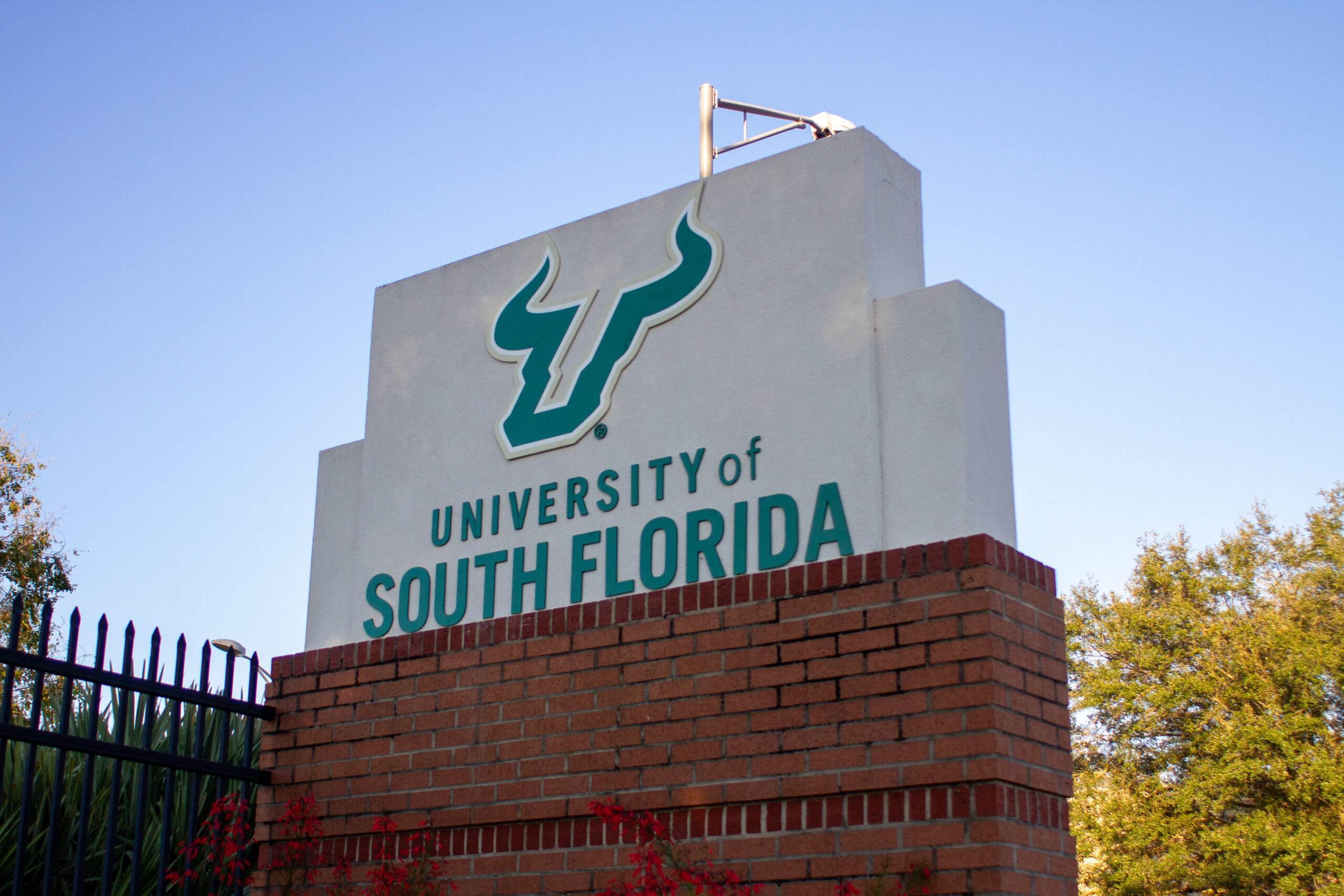OPINION: Faculty members who sued BOG, BOT deserve to have their contracts honored

Three USF faculty members are suing the state’s Board of Governors and USF’s Board of Trustees concerning a new state law that allows university presidents to make the final decision on employee disputes, according to the lawsuit.
Employees typically have the right to settle their disputes before an arbitrator, according to the lawsuit. Arbitration is a process where a neutral third party, such as an attorney or retired judge that specializes in a certain field, has the authority to make a final decision for a dispute, according to the American Bar Association.
The faculty members, David Braasch, Tamara McLaughlin and Lisana Mohamed, were laid off on Aug. 4 and were denied the option to receive arbitration, according to the lawsuit.
Even though USF now has a right to refuse arbitration, Braasch, McLaughlin and Mohamed have the right to an arbiter because they originally signed an agreement to receive it in their contracts.
Senate Bill 266 was signed by Gov. Ron DeSantis on July 1 and gives university presidents the final authority when it comes to hiring and firing all full-time faculty among other things. Faculty members are also “not subject to arbitration,” according to the bill.
Receiving arbitration could save someone’s job. It would allow the USF faculty to receive a fair judgment from a neutral third party instead of only receiving judgment from the president with unfettered power.
“The Arbitration Ban denies the Individual Plaintiffs…their due process rights under the Fourteenth Amendment by imbuing public university presidents, who are not neutral arbiters, with unfettered power to deprive the Individual Plaintiffs of their property rights,” according to the lawsuit.
When Braasch, McLaughlin and Mohamed first signed their employee contract, they were promised arbitration.
USF’s Collective Bargaining Agreement (CBA), which is effective until August 7, 2024, guarantees the USF faculty the right to receive arbitration, according to USF’s CBA.
By refusing to give employees arbitration, the state is violating the U.S. Constitution.
The Constitution declares that no state shall pass laws that impair private contracts, according to Article 1, Section 10.
Braasch, McLaughlin and Mohamed’s contracts are still valid until Aug. 7, 2024.
Even though SB 266 now gives USF the right to refuse arbitration, the original employee contract was signed before the new state law. The private contract trumps the state law.
The university has a right to hire and fire who they want, but the employees still have a right to arbitration. No matter the reason Braasch, McLaughlin and Mohamed were fired, they still have the right to be heard before a neutral party. The state needs to honor contracts signed before the bill was passed and give these three faculty members the rights they deserve.







